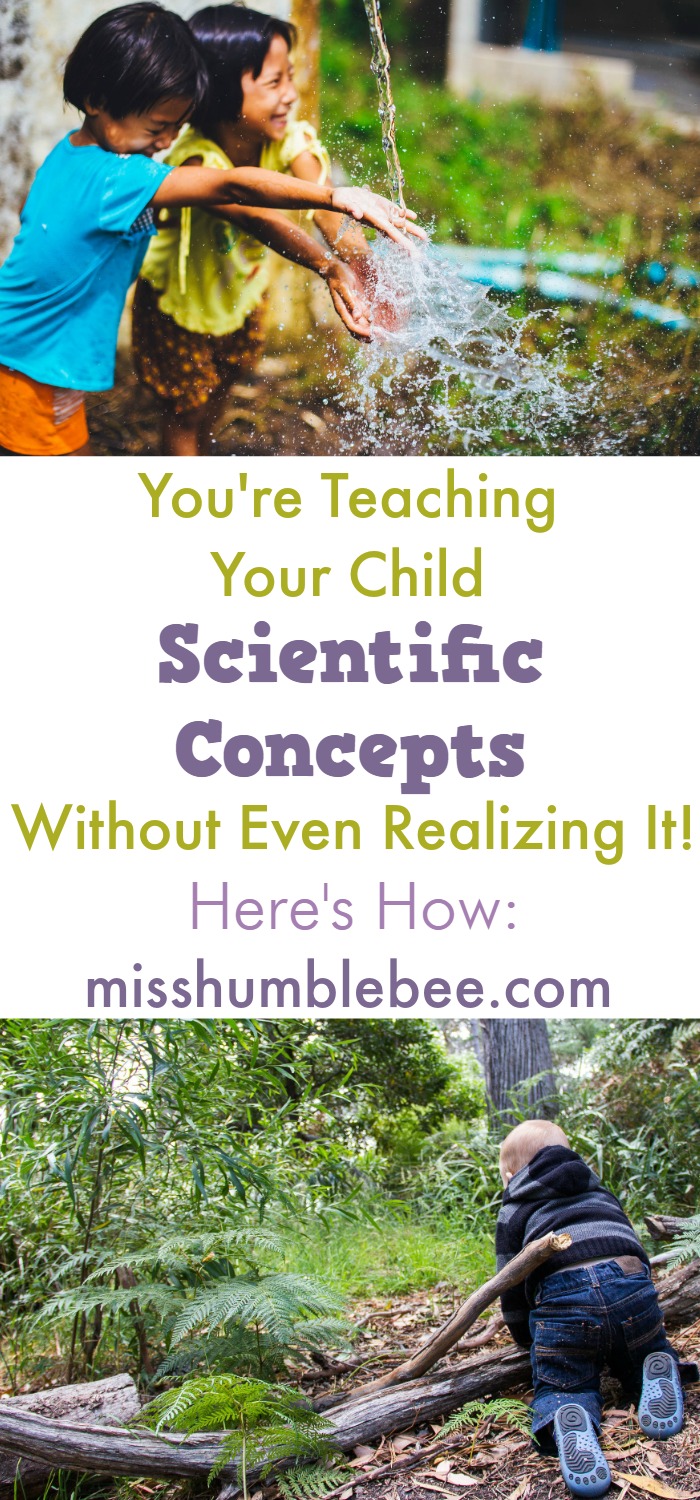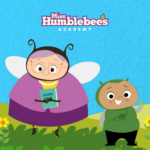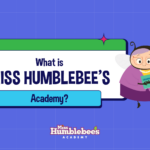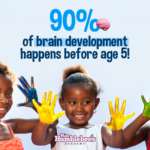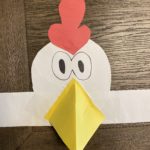“Why? Why? Why? Why?”
If you have a child over the age of two, you’ve probably heard this question a million times already. It can certainly get tiring, but that innate curiosity of your child is actually a wonderful thing.
You’re Teaching Your Child Scientific Concepts Without Even Realizing It!
For the past two weeks, we’ve been talking about the everyday activities you do with your child that teach literacy and math skills. This week we’re wrapping up the series with the everyday activities you do that teach your child scientific concepts.
You might notice a lot of cross-over between the concepts from this week and the previous two weeks. That’s the wonderful thing about learning. Although we tend to separate things into tidy little subject areas, kids really learn best when we integrate their learning across all subjects.
So what concepts of science do your kids learn from everyday activities?
Asking Questions
We covered this in the introduction, but it’s true. Kids ask questions because they are curious.
Great discoveries (and the scientific method!) begin with a question, so the next time you’re tempted to tell your child to stop asking you questions, remember that she could be on her way to an amazing discovery.
Taking a Bath
The bath is a great place for scientific exploration! A child can:
- Inquire- What will happen if I put this boat in the water?
- Hypothesize- I think it will sink.
- Test hypotheses- Here comes the boat.
- Analyze results- It didn’t sink. It floats!
- Measure- This cup holds a lot of water.
- Compare- This cup holds less water than the other cup.
- Learn basic concepts of volume, buoyancy, the states of matter (solid, liquid, gas), etc.
Cooking/Baking
When you cook with your kids, they practice scientific concepts such as:
- Measuring
- Learning about the states of matter
- Learning about chemical changes- i.e. batter changes into cake during the baking process
Riding in the Car
Children learn basic concepts of physics from a simple car ride:
- Velocity
- Acceleration
- Newton’s Laws of Motion
Exploring Nature
The Great Outdoors offers a plethora of scientific learning opportunities. Here are just a few:
- Animal Biology
- Plant Biology
- Seasons
- Heat and cold
- Ecosystems
- Geology
- Weather
Playing
Play is probably the greatest way of all for children to learn scientific concepts. They’ll learn everything listed above and much more.
Let’s try to never squash our children’s curiosity. If we allow for exploration and discovery, they will be well on their way to being well-rounded critical thinkers.
